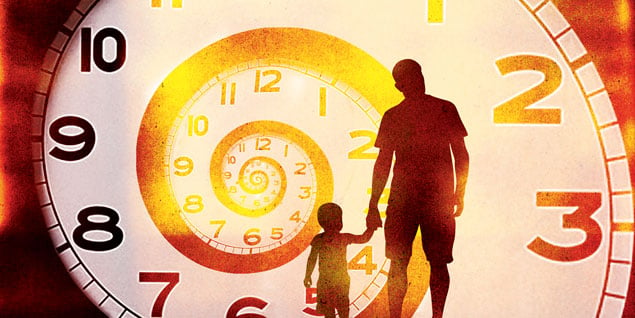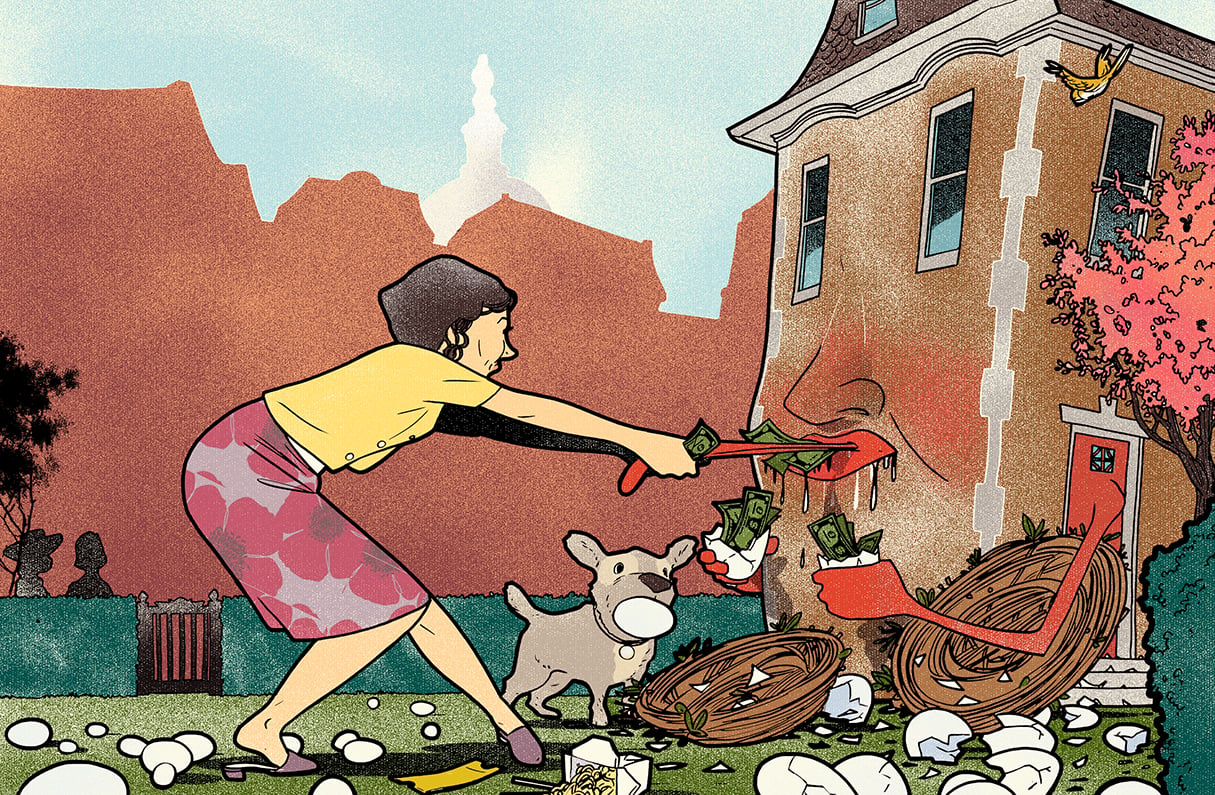I’ve been wearing a broken watch to work for the past few days. It stopped ticking while my family and I were in Rome recently, in the middle of the city’s ancient ruins. My watch still says 10:30, the hour it stopped on the second night of our visit.
I haven’t had time (yes) to have the batteries replaced since coming back to Fairfax. The repair shop is on the Blue Line; I ride the Orange. I know exactly where the shop is in Pentagon City—in the middle of the mall along the main aisle. It’s a small stall, and the young man and older woman who run it never charge for watches they can’t repair.
My brother thinks it’s strange that I keep wearing a broken watch. But it’s not strange. I’m swamped these days, and a broken watch spares me, I think, from being overly anxious about time. It also spares me the odd sensation of missing a wristband.
I have two sons: Nicolas and Rafael. The winter morning just before Rafael was born three years ago, my wife and I drove to my brother’s apartment in Arlington at 2:30 to drop off five-year-old Nicolas on our way to Sibley Hospital. As Nicolas walked slowly from the car toward the apartment, his uncle walking alongside him, I told him we’d see them in a few hours. He looked at me. I asked my brother to wait so I could give Nicolas one more hug. In a few hours, my son would no longer be an only child; he’d forever be someone’s older brother, a beneficiary of birth order’s privileges as well as its burdens, including the fact that, by default, everything that had been his would now be shared.
For a few moments we stood outside the building in an awkward hug, a street lamp’s pale light in the distance, Nicolas half asleep, my brother standing still and waiting, our breath hanging in the icy early morning.
Nicolas is eight now, his younger brother three. Rafael spoke very little for most of his first two years, which worried us for a while. But these days he talks like Cookie Monster, complete with crumbs and smudges on his chin and cheeks. He says, “Me like bread” or “Me play soccer.”
“Who is your favorite Cars character, Rafael?”
“Me like Mater.”
“Who is your favorite babysitter?”
“Me like Blaise.”
There are days when I’m almost swayed to tell him that it’s “I,” not “me.” But I don’t. My wife and I think it’s cute. We’re mindful, too, that cobbling syllables into words is a gift. The grammar lessons can wait one more day.
“Time runs out, runs on, with or without us,” Thomas Lynch wrote, reflecting on the passing of the last millennium. The sources of my unease are of course not millennial—they’re domestic and parental, the simple grammar lessons waiting at our doorstep.
In any case, our anxieties, big or small, change nothing. No one is spared, any more than wearing a broken watch slows down time, though that doesn’t seem to stop anyone from trying.
Maybe there are seconds in a life that you can hold for a while longer, moments of a crystal morning that you cup in your hands, your breath keeping them warm until they melt and trickle down between your fingers.
Erwin R. Tiongson (ertiongson@aim.com) is an economist working for an international organization in DC. He lives in Fairfax.
This article appears in the November 2012 issue of The Washingtonian.



















